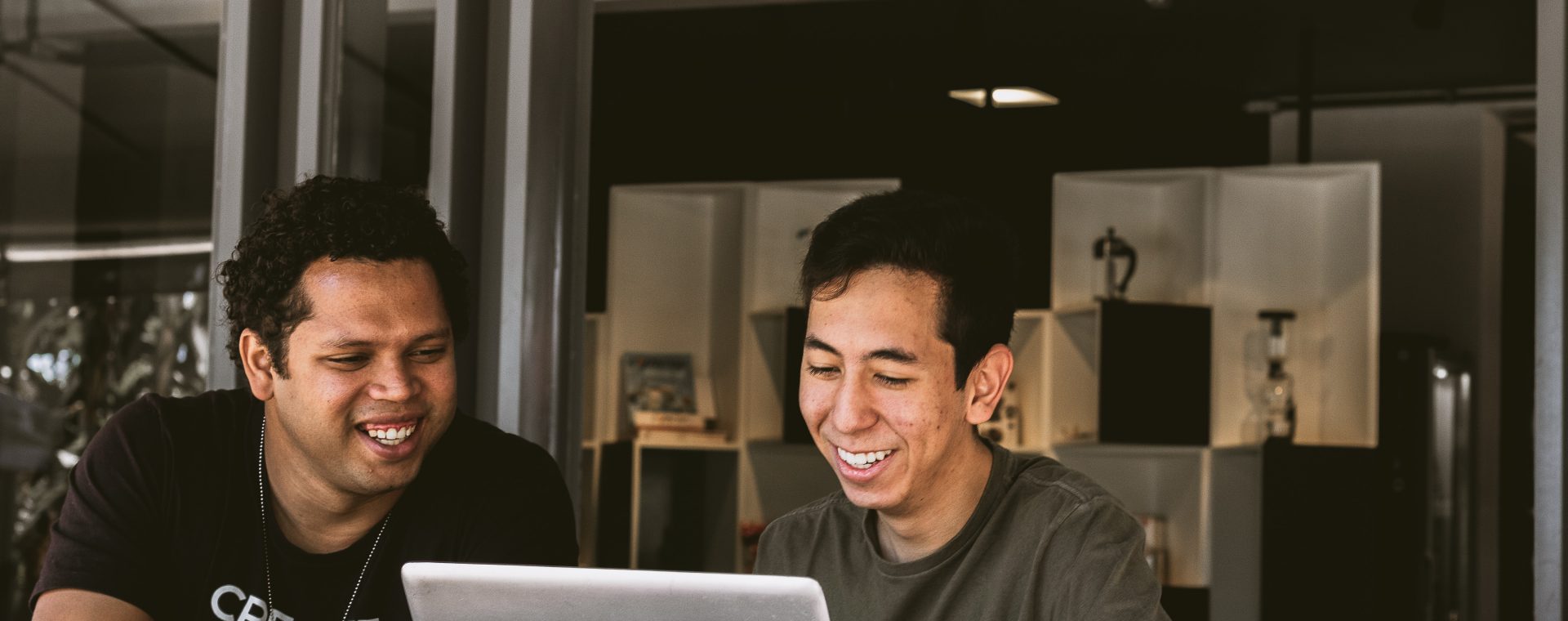
Classical models adopted by most universities still use similar methods from the Middle Ages where teachers teach, and students learn. Most of the new online models we see today, such as MOOCs, extend the same concepts we manage in the classical ones: there is content access, issues development duty, and teachers methodology. These drive poor students recurrency, low user motivation (for both teachers and students), and a business model that hurts users with high prices, low return on investment, and often unpayable indebtedness for students.
Below are a couple of considerations I’ve made that have led me to work on a new model for changing education:
Collaborative platforms don’t empower people
This may not be a popular thought because initially, we might think that platforms help connect us instantly and let us earn money with a product or service. The fact is that the bigger the platform is, the more it controls its own market; think of Uber, Airbnb, Deliveroo or Udemy. These are examples of great concentration and big power centers on the platform. Every decision that is made, even if it is for a subtle result, will affect millions of people in a unidirectional way. Users are just followers, they are not able to actively participate in voting for different features or govern decision-making, so there becomes no way to change anything if need be.
Education and employment have separated
After more than 10 years since the big crash of 2007, our global society has realized that it is not possible to base our growth in real estate and other traditional sectors. The fact of the matter is that despite this, we keep moving in the same direction and the gap between education and employment continues to increase. There is a need to create millions of jobs and to fulfill the career needs of youth, as what we see today is countries experiencing high youth unemployment. The educational industry has yet to fulfill these needs and adapt to the changing needs of our current complex systems.
Underprivileged people need to reach out from poverty
People try to reach out from poverty with education but struggle to do so because of the unequal access to quality education and opportunities to advance. We find worrying issues for example in countries like Cuba and Venezuela, where qualified professionals such as doctors, engineers, mathematicians, and lawyers will find themselves working in jobs below their expertise, such as working for tourists or even being unemployed. There is no correlation between their education and the job that they can get.
Introducing tokenized Edtech platforms as value-as-a-service models
We thought a lot about these problems at Tutellus, and decided to test a solution through a platform tokenization strategy to align incentives. This means tokenizing all activities from users on the platform to give them control over their actions and as a result, more power. Receiving tokens for actions gives you relevance and when accumulating relevance you can grow your reputation and have your voice heard in governance matters of decision-making. In this way, something that starts as a reward system evolves through a governance model adding value to all kinds of users, including students, teachers, and third-party entities.
Tokenized education: an approach to a new use case
We close the loop of value to let users trade their relevance for liquid tokens. So as a user, you decide if you want to hold your relevance or take liquid tokens, which decreases relevance. Once you make the decision you cannot change it, so we discover users interested in earning money, which helps other users to study hard to earn tokens. We also discover other users interested in earning relevance via the same process but whilst holding their relevance.
In this last user case, we introduce companies as a variable in the equation. If you are interested in recruiting blockchain developers, for example, then you can look for the ones with the highest relevance in blockchain development and pay them with tokens. So this revenue is shared between the student who decided to hold their relevance in blockchain, the teachers who participated in their learning process, and the platform. This business model allows people to earn money whilst studying, creating positive motivations for study and knowledge development to help one another.
The future of decentralized education
We named this new model Tokenized Education: the change to a value-based model paid through a process of tokenizing education. If in the traditional ecosystem a student should pay for studying, then in a tokenized and decentralized model the same student is paid so that activity, retention, and conversion grow.
This is only the beginning, there are still many developments and research to be conducted and we hope to see a lot of changes in the sector. We believe that it is a pivotal moment in history for new models to be adopted to empower people through education.


